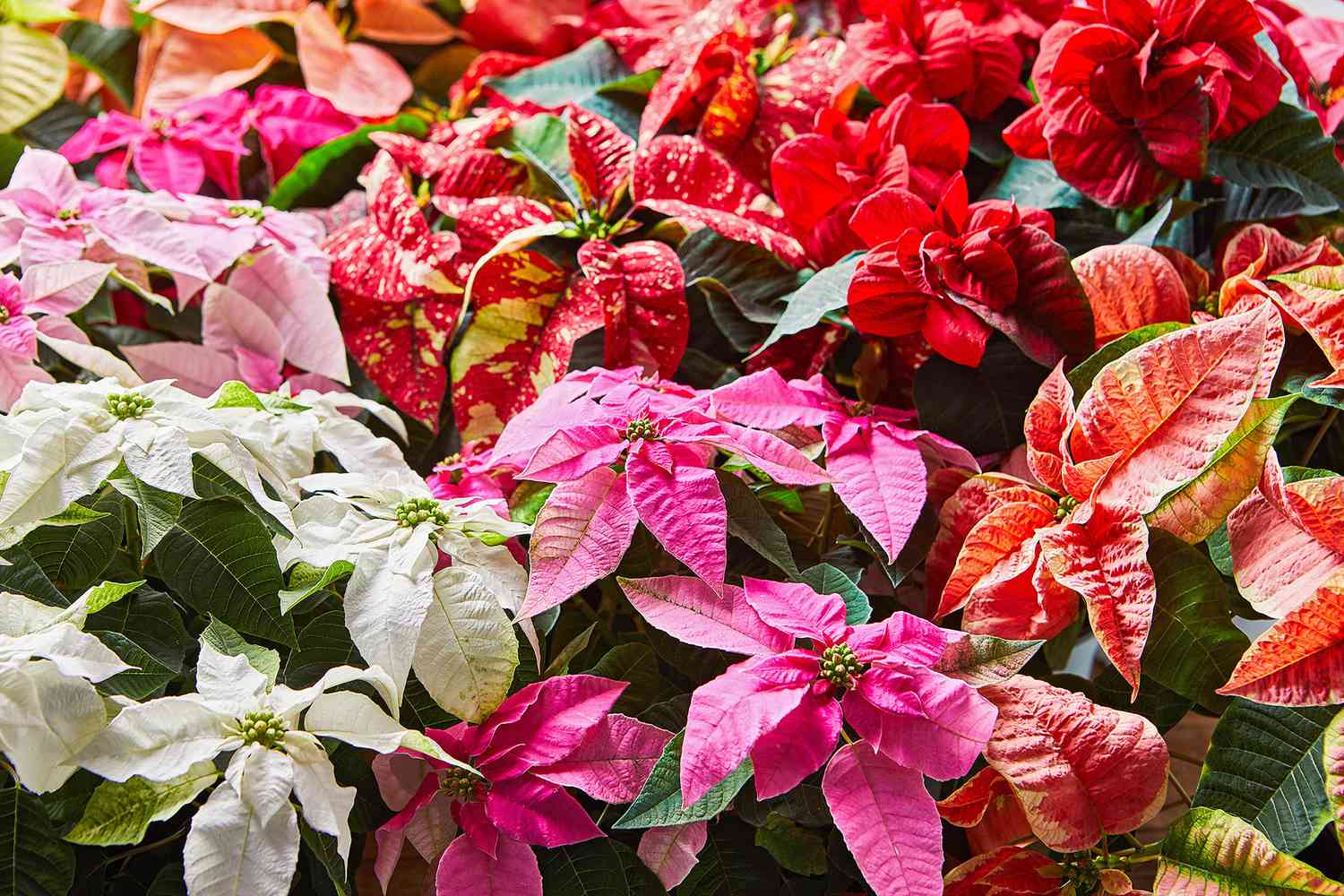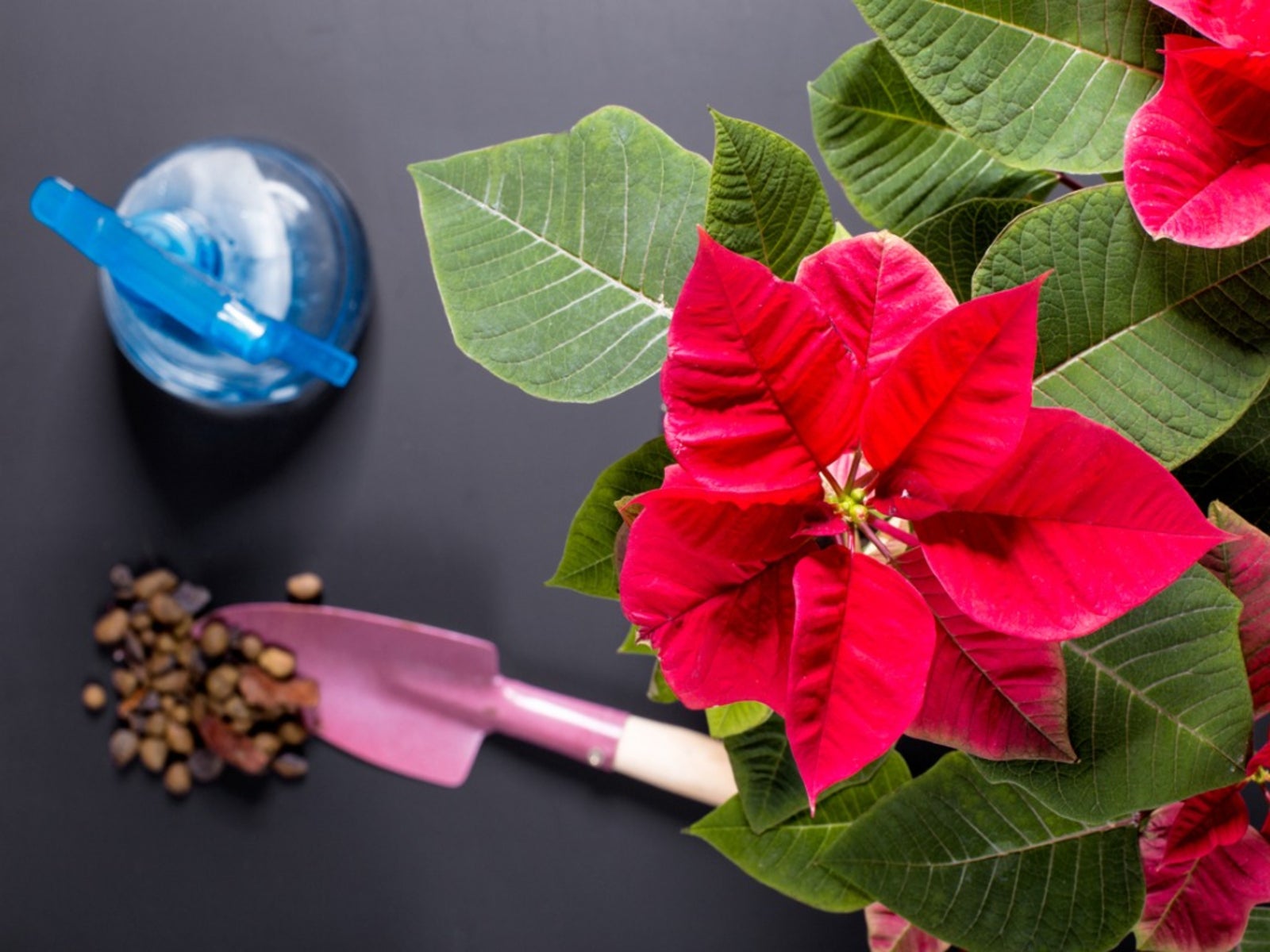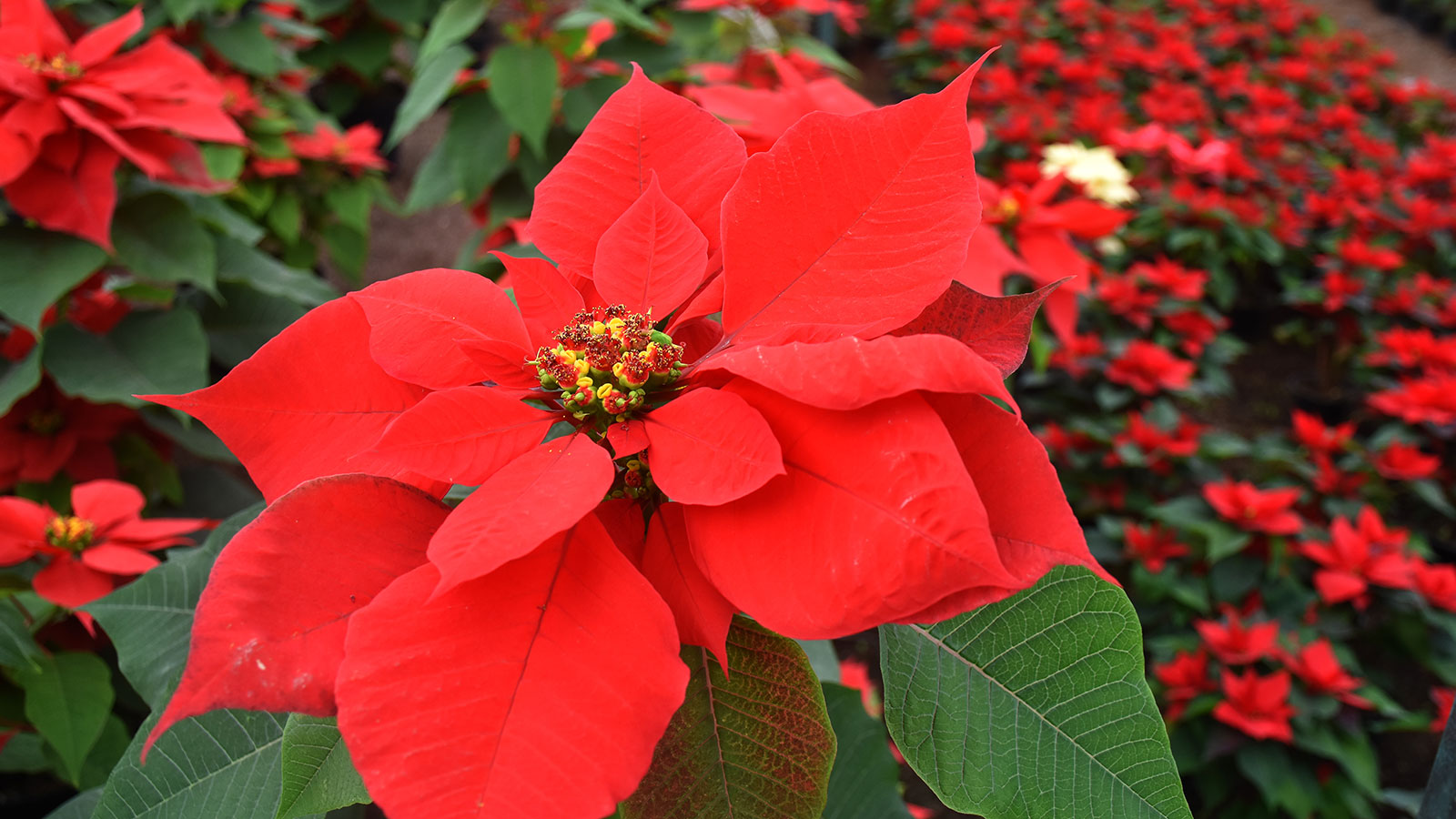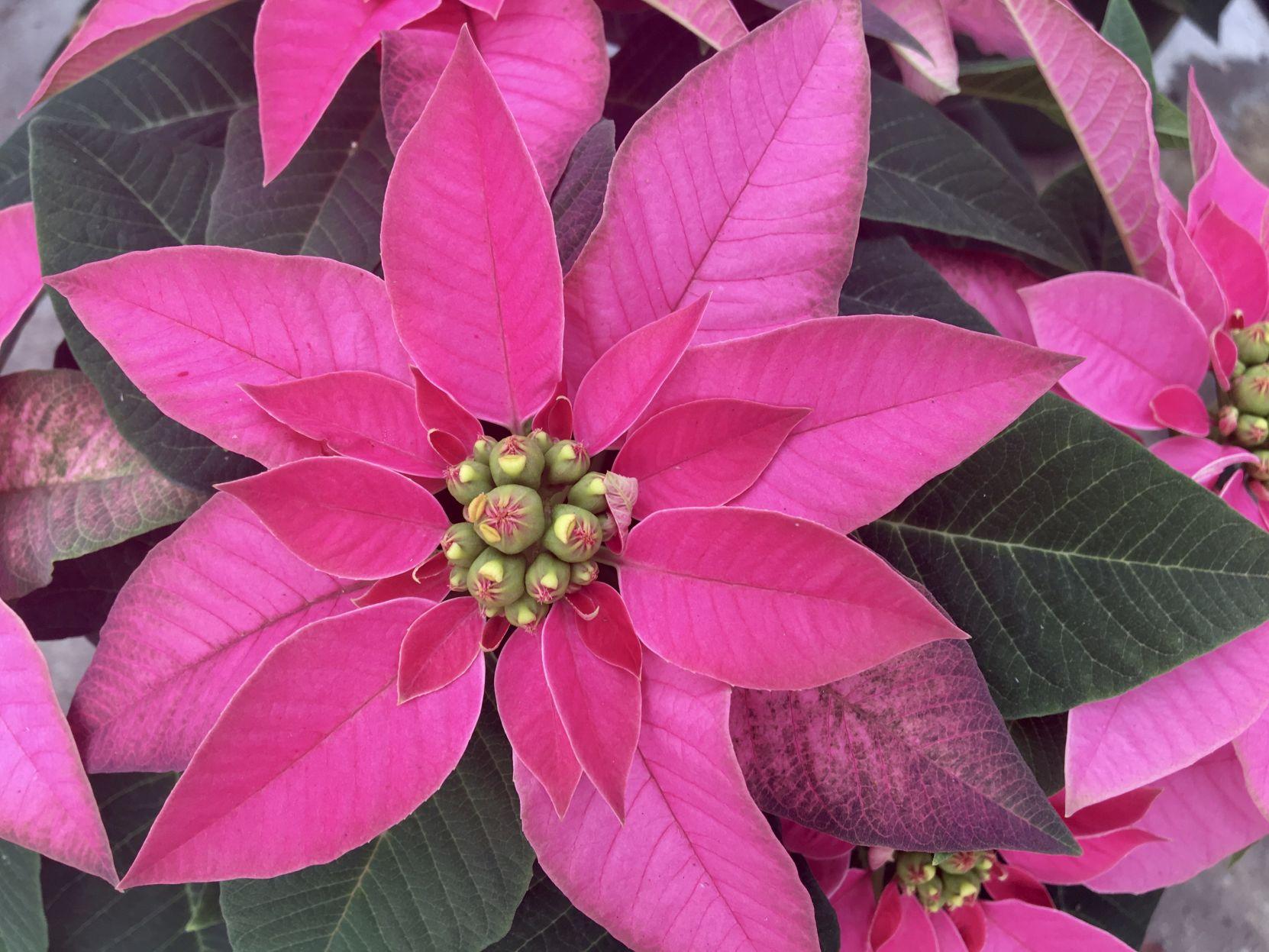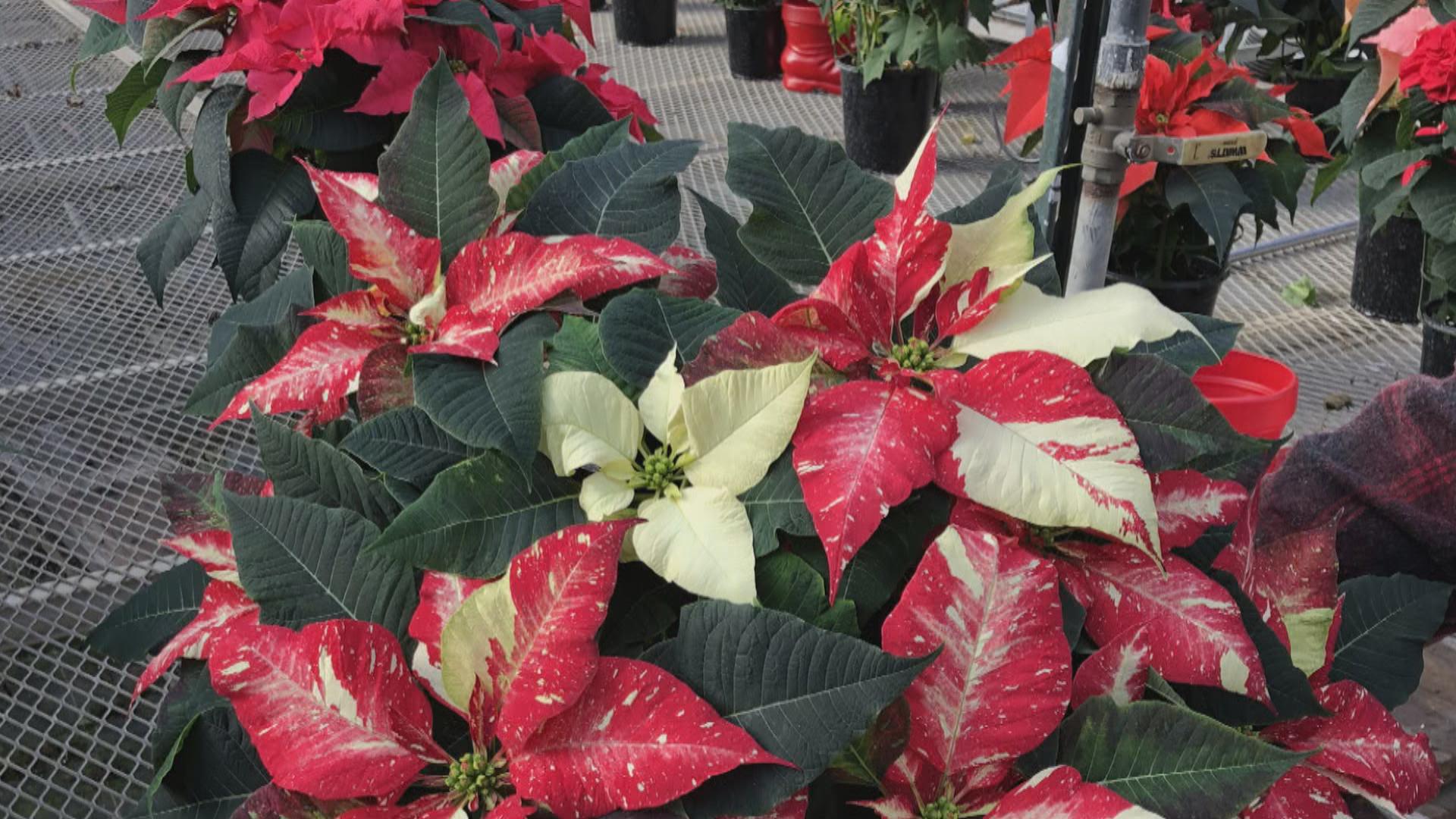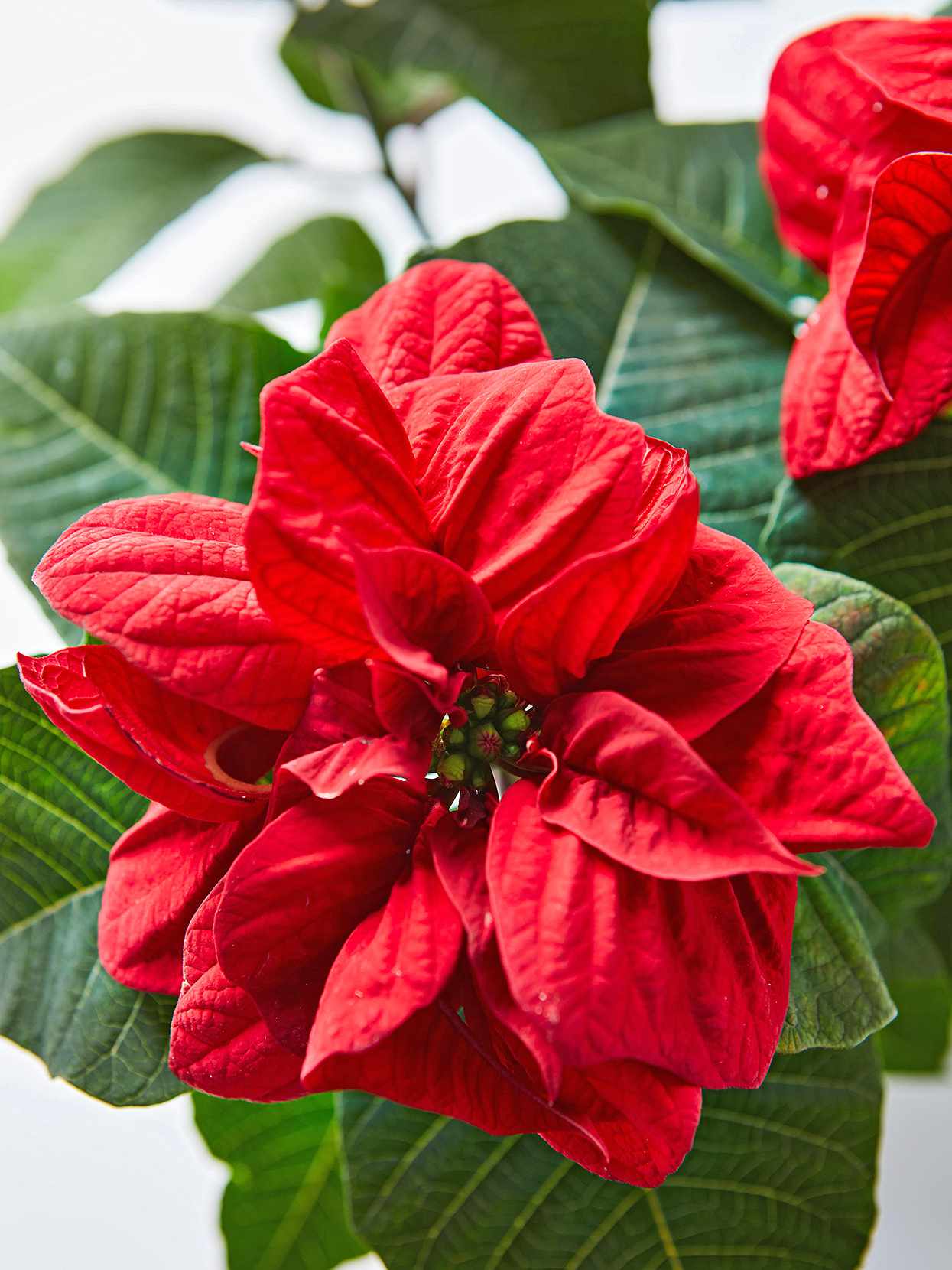Poinsettia And Cats Uk

The milky white sap found in poinsettias contains chemicals called diterpenoid euphorbol esters and saponin-like detergents.
Poinsettia and cats uk. However some plants can make cats very ill even if they havent eaten the plant. While the poisonous component has not yet been identified it is clear that even with ingestions of very small amounts of the plant severe kidney damage could result. A pet that has consumed portions of a poinsettia may experience excessive salivation and vomiting due to irritation of the gastrointestinal tract but this should clear up on its own.
Though they have a bad rap poinsettia Euphorbia pulcherrima plants are only mildly toxic to cats and dogs. While Poinsettia plants pose only a mild threat to your pet there are other seasonal plants that can be more serious. Mistletoe and holly are particularly toxic and can cause serious problems for both dogs and cats so keep them well out of the way if decorating your home this Christmas.
Poinsettias can be mildly toxic to cats and dogs if ingested. The milky white sap contains chemicals which can cause adverse reactions such as nausea vomiting or drooling. Daffodil bulbs for example are a common cause of poisoning in dogs but the leaves and flowers which a cat is more likely to chew are a much less common cause of poisoning.
A cat that has eaten portions of a poinsettia may experience excessive salivation and vomiting diarrhoea and possibly tremors. The sap will cause dogs and cats to vomit or stop eating all together and you could notice them lying around more than they normally do. In rare case it can be fatal.
However this usually only occurs in cats who are very young elderly or dehydrated. Poinsettias Are Mildly Toxic to Cats and Dogs The milky sap of poinsettias can cause irritation of the mouth and digestive tract. In reality its actually not that dangerous compared to some other plants.
Its therefore important to. They possess a milky white sap that contains irritating chemicals known as diterpenoid euphorbol esters and saponin-like detergents. New plants indoors and outdoors are tempting for our pets and many will ingest the leaves.


